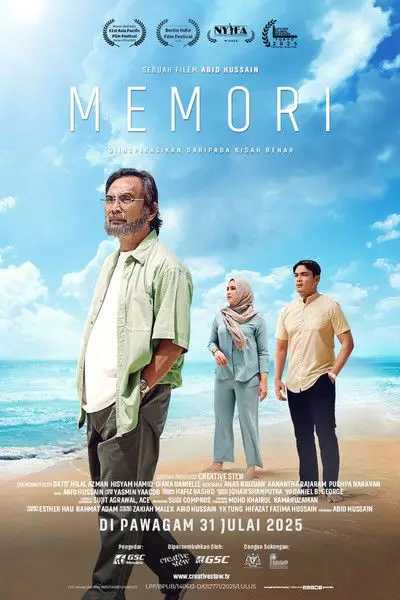Who We Are: A Chronicle of Racism in America (2021) [บรรยายไทย]
![Who We Are: A Chronicle of Racism in America (2021) [บรรยายไทย]](https://nungdeedee.com/uploads/images/m3m89umllk0kcgcks4.jpg)

หมวดหมู่ : หนังสารคดี
เรื่องย่อ : Who We Are: A Chronicle of Racism in America (2021) [บรรยายไทย]
ชื่อภาพยนตร์ : Who We Are: A Chronicle of Racism in America
แนว/ประเภท : Documentary
ผู้กำกับภาพยนตร์ : Emily Kunstler, Sarah Kunstler
บทภาพยนตร์ : Jeffery Robinson
นักแสดง : Josephine Bolling McCall, Gwen Carr, Tiffany Crutcher
วันที่ออกฉาย : 17 March 2021
การบรรยาย เกร็ดเล็กเกร็ดน้อยส่วนตัว การสัมภาษณ์ และการเปิดเผยที่น่าตกใจ ทนายความเจฟฟรีย์ โรบินสันดึงไทม์ไลน์ที่ชัดเจนของการเหยียดผิวต่อต้านคนผิวดำในสหรัฐอเมริกา ตั้งแต่การเป็นทาสไปจนถึงตำนานสมัยใหม่ของอเมริกาหลังการเหยียดผิว

IMDB : tt14030682
คะแนน : 5.6
รับชม : 154 ครั้ง
เล่น : 37 ครั้ง
It’s unlikely that any lecture documentary since “An Inconvenient Truth” has had the galvanizing potential of “Who We Are: A Chronicle of Racism in America” — and if that sounds like faint praise, it isn’t meant that way.
The film presents a talk that the lawyer Jeffery Robinson (a former deputy legal director at the A.C.L.U.) gave at Town Hall in New York on Juneteenth 2018. His subject is nothing less than the history of anti-Black racism in the United States.
For Robinson’s arguments, the historical evidence is in plain sight, yet much of it, as he promises, may be new to many viewers. He shows how the text of Article V of the Constitution shielded slavery from amendments until 1808, reads from Confederate states’ secession statements and has a chorus perform the disfavored third verse of “The Star-Spangled Banner.”

The film, directed by Emily Kunstler and Sarah Kunstler (daughters of the Chicago Seven lawyer William Kunstler), intersperses scenes of Robinson traveling the country. He visits Charleston, where fingerprints from slave labor can still be seen; Staten Island, where he meets with Eric Garner’s mother; and his native Memphis, where his parents had to devise a workaround to buy a home as a Black family.
Robinson brings nuance to topics — unconscious bias, reparations, how to deal with the fact that George Washington owned slaves — that have become flash points in society, without ever losing the core of his progressive message. It’s a confrontational film, but never an alienating one, and so much of what’s in it is persuasive.














